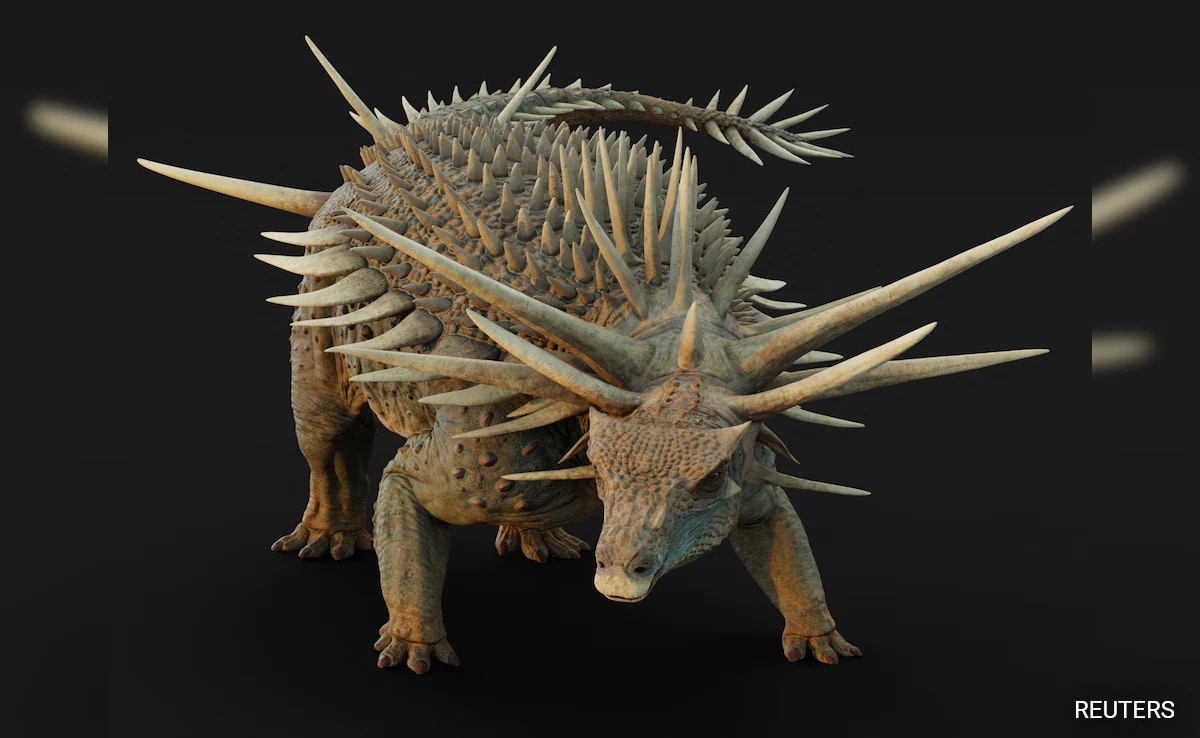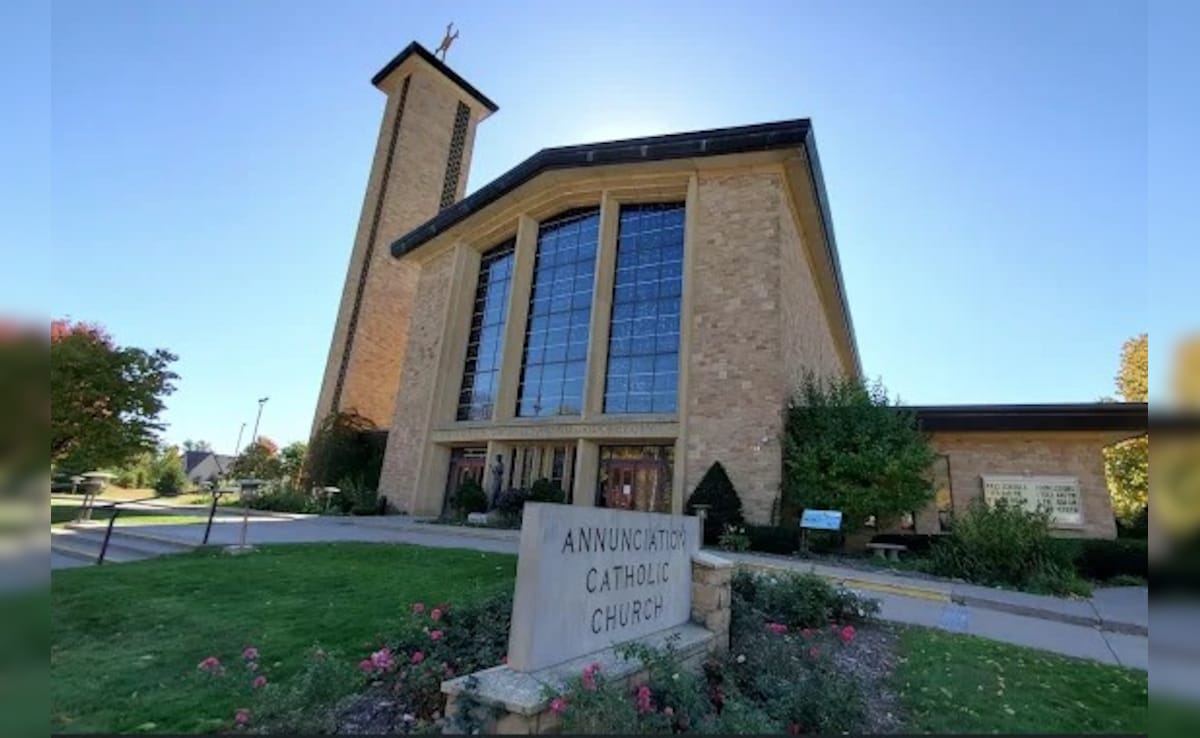Witnesses and families of the civilians and one suspected rebel have denied the police version and said Indian troops used them as human shields during the standoff and killed them deliberately.
Police said the rebels included a Pakistani citizen, but offered no evidence. They also described one of the civilians as an “overground worker,” a term Indian authorities use for rebel sympathizers and their civilian supporters.
Manoj Sinha, New Delhi’s top administrator in the region, said the investigation will be led by a senior civilian officer and the “government will take suitable action as soon as the report is submitted in a time-bound manner.” He said his administration “will ensure there is no injustice.”
Authorities later secretly buried all of the victims in a remote northwestern village.
The announcement of the probe comes after police detained and later released over a dozen relatives of the slain civilians during a sit-in late Wednesday in Srinagar. The families were demanding authorities return the bodies so they could bury them.
“Our first and foremost priority is to get the body,” said Abdul Majid Bhat, brother of one of the civilians.
Kashmir’s separatists called for a shutdown on Friday in the region to protest the killings.
In the last two years, authorities have buried the bodies of hundreds of suspected rebels and their alleged associates, including civilians, in unmarked graves in remote areas, denying their families proper funerals. Authorities say the policy is aimed at stopping the spread of the coronavirus and to avoid potential law and order problems during funerals.
The policy has added to widespread anti-India anger and some rights groups have fiercely criticized it as a violation of religious rights. Rights groups also say subsequent investigations rarely result in prosecutions and are often aimed at calming public anger.
“These probes in the past have never resulted in providing justice to the aggrieved. It helps the state in buying time and tiring the families,” said Parvez Imroz, a prominent rights lawyer who heads the Jammu-Kashmir Coalition of Civil Society.
Kashmiris for years have accused Indian troops of targeting civilians and committing abuses with impunity. Such allegations include staging gunfights and then saying the innocent victims were militants to claim rewards and promotions. Indian officials acknowledge the problem but deny abuses are part of a strategy. They say the allegations are mostly separatist propaganda meant to demonize troops.
“The probes, if done honestly, may only help to know the truth but not establish justice,” said Imroz.
Both India and Pakistan claim the divided territory in its entirety. Rebels in the Indian-controlled portion of Kashmir have been fighting New Delhi’s rule since 1989.
India insists the Kashmir militancy is Pakistan-sponsored terrorism. Pakistan denies the charge, and most Kashmiris consider it a legitimate freedom struggle. Tens of thousands of civilians, rebels and government forces have been killed in the conflict.
.png)











 English (United States) ·
English (United States) ·  Turkish (Turkey) ·
Turkish (Turkey) ·